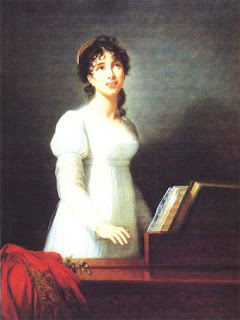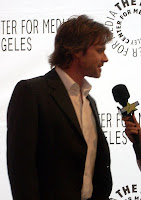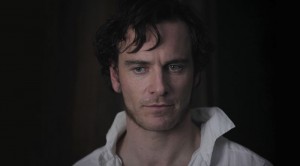 A while ago, Cara blogged about Words We Really Like and I admitted that I mostly see words as brushstrokes in a painting, important but not an obsession in themselves.
A while ago, Cara blogged about Words We Really Like and I admitted that I mostly see words as brushstrokes in a painting, important but not an obsession in themselves.
One reason is that character and plot matter more to me but another related reason is that I’m a very visual reader. When I’m reading fiction, my brain translates what I’m reading into a film in my head. If the author has done her job well, the words and paragraphs disappear. I become aware of them only if there’s a snag in the process: a typo, a grammatical error, a clumsy point of view change.
It works the same way when I write. My rough drafts don’t even approach being readable; they’re just my way of figuring out and recording the film in my head. In fact, they would probably read like a confusing screenplay–were I to let anyone see them, that is!
The problem with this process is that when it comes time to put the scenes into words, I’ve forgotten how to do it. I worry that I no longer know how to break paragraphs, how to use adverbs (sparingly!), how to interleave description with action and dialogue, etc… And what’s worse, I get this scary feeling that my writer voice is gone.
Classroom type exercises for finding writer voice haven’t worked for me. I can’t seem to do free writing with others around me (though I keep thinking I should try it in private). But the last time I felt this way I came up with an exercise that did help me. I selected snippets of well-written scenes from historical romances by a variety of favorite authors and then I didn’t just reread them, I typed them out. For me, the act of typing made me focus on the words and how they’re put together. It helped me figure out which elements of writing style felt natural to me, and just as importantly, which didn’t, because the goal of the exercise was to learn from favorite romance authors like Jo Beverley, Julia Ross, Laura Kinsale, etc…, not blindly imitate them. That would be bad!
This weekend I’m going on a retreat with some local writing buddies. I plan to use the retreat to get started on the 4th (rubber-hits-the-road) draft of my balloonist story. I’m still hunting down some research details but tomorrow I may try this exercise again, because I’m definitely feeling rusty.
Anyone else out there a visual reader/writer? Are there any exercises you’ve found helpful to develop writer voice? Which authors have strong voices you enjoy?
Elena
www.elenagreene.com






